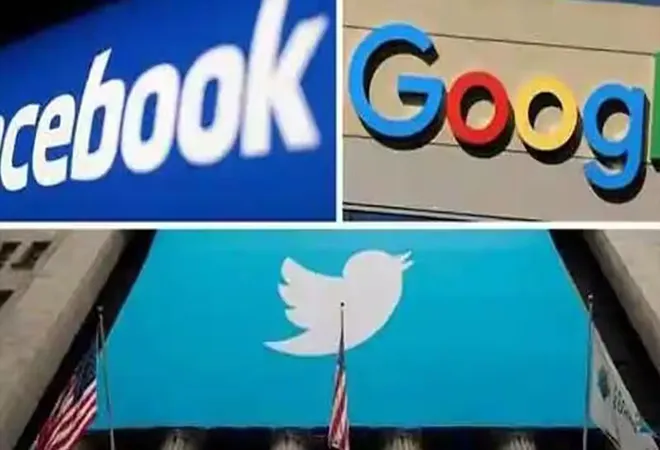-
CENTRES
Progammes & Centres
Location

A substantial portion of layoffs are affecting the relatively new hires who were brought on board during the pandemic, translating into sunk costs and a loss of valuable talent, which can negatively impact a company's ability to innovate.Generally speaking, layoffs in and of themselves are not all good nor all bad. Layoffs can help companies reduce costs, potentially help them grow by becoming more competitive in their markets. On the other hand, layoffs add to long-term costs: tech companies recruit talent with substantial sign-on bonuses. A substantial portion of layoffs are affecting the relatively new hires who were brought on board during the pandemic, translating into sunk costs and a loss of valuable talent, which can negatively impact a company's ability to innovate. Layoffs can also create uncertainty among employees, which can lead to a lack of trust in the company's leadership and stability. Finally, and perhaps most damaging of these effects is the reputational costs: as news of layoffs can spread quickly, it may make it more difficult for the company to attract new talent or retain existing employees. There is no need to panic and sell all your stocks though. The tech giants will continue to grow, and as cliché as “too big to fail” is, experts see their long term outlook as generally positive, and the current downsizing, both in terms of personnel and valuation, is a rejigging that brings them closer to the current realities of post-pandemic growth. Most companies went on a hiring spree as they saw demand burgeoning during the pandemic, and valuations were similarly inflated. The current layoffs, even as we balk at the numbers, still leave most tech companies larger than they were before the pandemic. Tech layoffs, and our reaction to them, are not a sign but a symptom. Big tech companies have become some of the wealthiest corporations in the world, eclipsing the Gross Domestic Products of entire countries. This has given them enormous influence over the economy, politics, and societies. An entire ecosystem of suppliers, small businesses, and entrepreneurs have flourished around them: Apple’s supply chain, for instance, s 52 countries, with an estimated three million employees.
Big tech companies have become some of the wealthiest corporations in the world, eclipsing the Gross Domestic Products of entire countries.Even as tech permeates our lives, there is a mushrooming techlash— a sense of skepticism about tech giants in particular and technology solutions in general, and the layoffs lend a human face to this palpable shift in sentiment. For years, we valorised the “move fast and break things” Silicon Valley culture, till we realised the sheer power of these companies, and just how much could be broken. So even as layoffs reverberate through the tech industry, the debate is not whether this is the end of big tech (it is not), but whether we have permitted these companies to hold sway for far too long over how we work, interact and live.
The views expressed above belong to the author(s). ORF research and analyses now available on Telegram! Click here to access our curated content — blogs, longforms and interviews.

Trisha Ray is a Resident Fellowwith the GeoTech Center at the Atlantic Council where she writes and leads projects onAI and otheremerging technologies. Shewas previously ...
Read More +